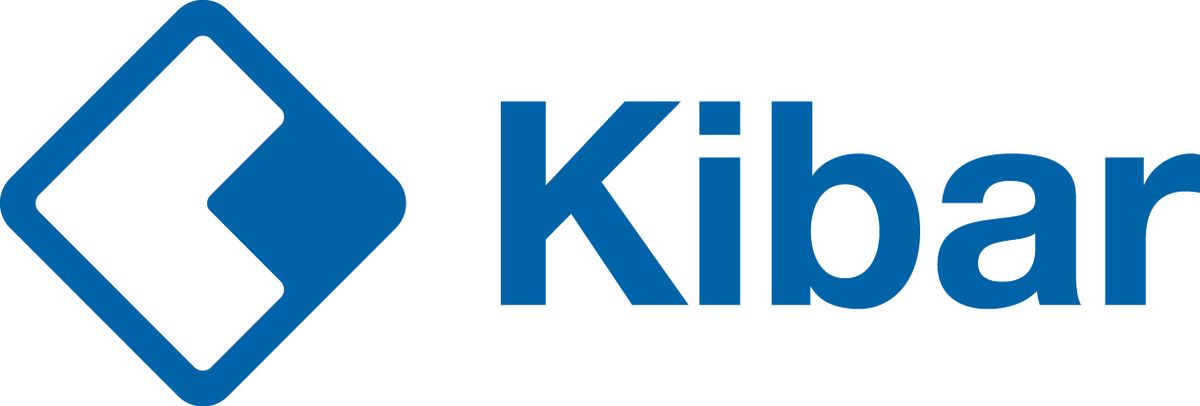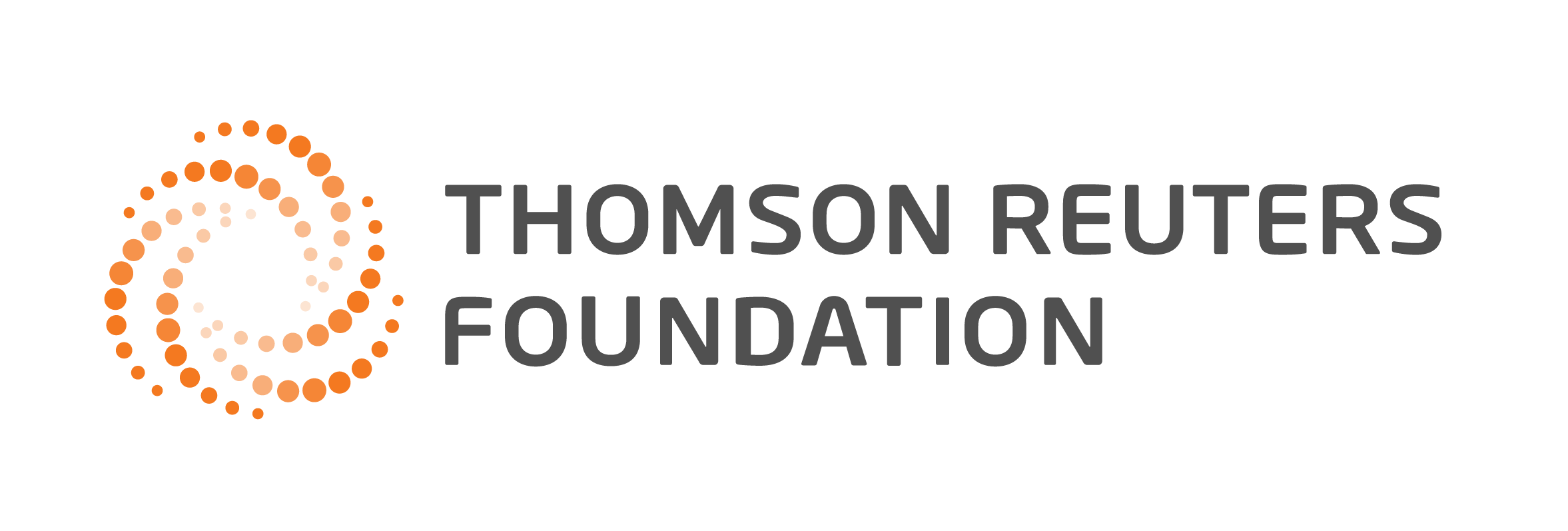So far we have assisted over 400 companies.








In this article, we’ll take a closer look at Cryptocurrency & Blockchain regulations and taxation in Serbia in the legal framework.
SERBIA STARTED CRYPTOCURRENCY REGULATIONS NOT LONG AGO
Serbia is one of the few countries that has passed the Law on Digital Assets. In that way, Serbia is among the first to regulate the trade in cryptocurrencies. Although the Law came into force in December 2020, the beginning of its application was postponed until June of the current year.
So far we have assisted over 400 companies.







In the meantime, the Governor of the National Bank of the Republic of Serbia passed a Decision on the implementation of the provisions of the Law on Digital Assets relating to the granting of licenses for the provision of services related to virtual currencies and the consent of the National Bank of Serbia.
Contents
In principle, the tax treatment of digital assets in the Republic of Serbia is very favorable. With the new legal framework in this area, Serbia aspires to join a select group of countries with highly developed digital property markets, such as Estonia, Malta, and Cyprus. Substantial tax reliefs are provided, especially for legal entities engaged in the trading of digital assets. This text will point out the main characteristics of digital assets tax treatment in Serbia and stress its main merits. We will also warn of certain drawbacks, which we believe are temporary, and that they will be eliminated as soon as possible.
The tax treatment of digital property in Serbia will begin on June 29, 2021, simultaneously with the beginning of applying the Law on Digital Property. However, this refers particularly to the taxation of personal income, corporate profits, and the VAT treatment of digital property transactions. Tax provisions regarding the digital property acquired through inheritance and gifts have already come into force, as of January 1, 2021.
In Serbia, natural persons have to pay capital gains tax on the income generated by the sale of cryptocurrencies. The tax rate is 15% of the positive difference between the purchase and sale price of the cryptocurrency ( gross spread ). For example, if someone buys a cryptocurrency for 100 EUR and then sells it for 200 EUR, he has earned 100 EUR and has to pay a tax of 15 EUR. Due to the nature of cryptocurrency trading, numerous transactions are performed daily. Although the gross spread is often minimal, the tax liability exists regardless of whether the capital gain is 1 EUR or 5,000 EUR.
The Law on Digital Property regulates that income from the digital property is taxed with capital gains tax, with a tax rate of 15 percent.
The purchase price is increased by the annual consumer price index from the day of acquisition to the day of transfer, according to the data of the state body responsible for statistics.
Owners of cryptocurrency must have proof of its origin, i.e., its purchase price. When transferring digital assets, the purchase price is considered to be the price that the taxpayer documents as actually paid. Otherwise, if a taxpayer fails to prove that the price was actually paid, it is assumed that the purchase price was zero, so the taxable base is the entire amount of the value of the cryptocurrency, i.e. its selling price. For example, if someone buys a cryptocurrency for 100 EUR but does not keep proof of its origin and then sells it for 200 EUR, he is considered to have earned 200 EUR and should pay a tax of 30 EUR. When the taxpayer acquired the cryptocurrency by the so-called ‘’mining’’, the purchase price is considered to be the number of costs that the taxpayer had regarding the acquisition of cryptocurrency, and which can be documented.
Natural persons concerned have the option of deducting the capital gains tax mentioned above. A natural person who, within 90 days from the day of sale of digital property, invests the money acquired thereby in the share capital of a company or investment fund whose center of business or investment activities is in Serbia, acquires the right to deduction of 50% of capital gains tax. Also, a taxpayer who, within 12 months from the day of the sale of digital assets, invests the funds generated by that sale for the purposes mentioned earlier will be refunded 50% of the paid capital gains tax. However, the requirement for the applying of these tax concessions is that the company in which the investment was made does not reduce the share capital in the course of two calendar years from the year in which the investment was registered.
Furthermore, suppose the taxpayer invests a part of the funds realized from the sale of digital assets in the aforementioned company’s share capital, i.e., in the capital of the investment fund. In that case, his tax liability is going to be reduced proportionally.
The tax liability also exists when someone acquires cryptocurrency by gift or inheritance. In the case of close family relation to the donor/testator, the acquirer pays a tax in the amount of 1.5% of the donated/inherited cryptocurrency. When the acquirer is a distant relative or a person who is not related to the donor/testator, the tax rate is 2.5%.
The third possibility is for a natural person to receive a cryptocurrency from an employer or a person associated with the employer. Тhis kind of income is assumed to be the salary of a natural person, so taxes and social insurance are paid as if it were a paid salary of that person. The purchase value for the acquirer of cryptocurrency is the tax base on which taxes and contributions are paid.
It is important to stress that at present moment there is a problem of a more or less technical nature related to the filing of tax returns by natural persons. Namely, the Tax Administration of the Republic of Serbia has not yet prescribed the form for filing a tax report regarding the digital property. In our opinion, this setback will be eliminated in a relatively short time after the beginning of the application of the Law on Digital Property.
Once this shortcoming has been remedied, the taxation procedure should begin with filing a tax return within 30 days from the date on which the taxpayer earned or began to earn revenue from the sale of digital assets. After that, the Tax Administration will issue a decision in which the amount of tax liability will be determined.
Taxation of digital property of legal entities in the Republic of Serbia goes under the Law on Corporation Tax. Like natural persons, legal entities pay capital gains tax on the difference between digital assets’ purchase and sale price. The difference is that natural persons and entrepreneurs are obliged to pay tax on the realized capital gain upon its realization (by submitting a tax return within 30 days from the completion of the capital gain), while for legal entities, the capital gain thus determined enters the taxable profit which will later be subject to corporate income tax ( corporation tax ).
However, a taxpayer is not required to pay capital gains tax if he is licensed to provide services related to digital assets and has acquired digital assets solely for resale as part of providing services related to digital assets. In other words, legal persons who are engaged in the sale of digital assets and have the appropriate license, therefore, are not obliged to pay capital gains tax if they sell digital assets in terms of performing their business activity. The law also provides for a tax relief according to which capital gains from the sale of digital assets do not enter the tax base at all (while for natural persons the exemption is only 50%) if the funds acquired by such a sale are invested in the share capital of a resident taxpayer or investment fund in the Republic of Serbia in the same tax period.
When it comes to value-added tax, it is crucial to point out that the transfer and sale of cryptocurrencies or virtual currencies are exempt from VAT without the right to deduct the previous tax.
Gurcan Partners provides legal services in blockchain consultation with its offices in 10 countries and lawyers who are experts in their fields.